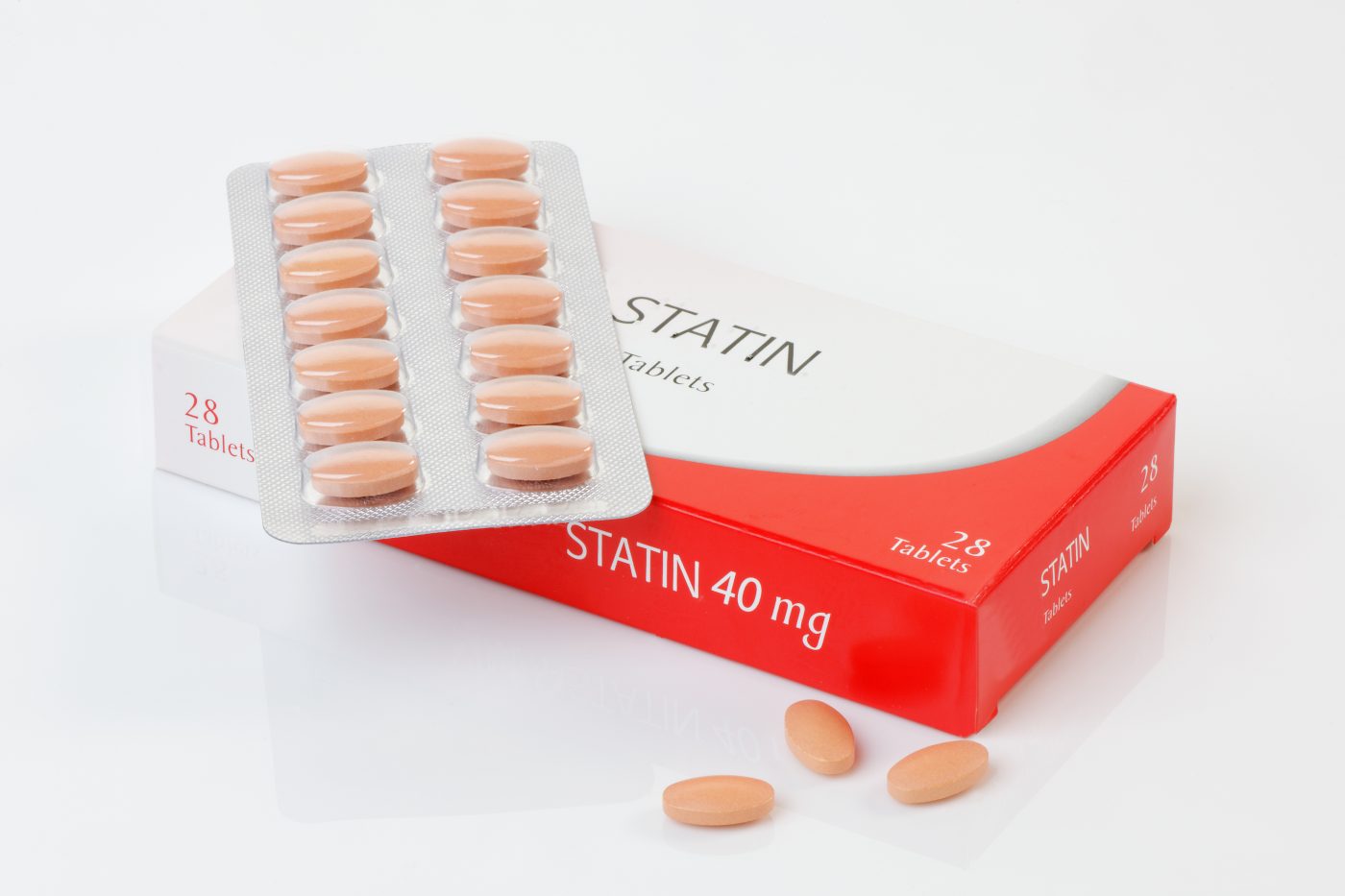 A study of over 3,000 eligible subjects in the Electronically Retrieved Cohort of Hepatitis C Viral (HCV) Infected Veterans (ERCHIVES) identified that statin use may be beneficial to sustained virologic response (SVR) rates, limiting fibrosis progression, and preventing the incidence of hepatocellular carcinoma (HCC). Of the patients within the cohort, 46% were receiving statins, and they were tested for liver fibrosis expression, SVR rates, and incident hepatocellular carcinoma.
A study of over 3,000 eligible subjects in the Electronically Retrieved Cohort of Hepatitis C Viral (HCV) Infected Veterans (ERCHIVES) identified that statin use may be beneficial to sustained virologic response (SVR) rates, limiting fibrosis progression, and preventing the incidence of hepatocellular carcinoma (HCC). Of the patients within the cohort, 46% were receiving statins, and they were tested for liver fibrosis expression, SVR rates, and incident hepatocellular carcinoma.
“Statin use was significantly associated with attaining SVR, decreased cirrhosis development, and decreased incident HCC,” wrote Dr. Adeel A. Butt, of the VA Pittsburgh Healthcare System, in the article, “Effect of Addition of Statins to Antiviral Therapy in HCV Infected Persons: Results from ERCHIVES.” This article was published in the journal Hepatology.
Hepatitis C is a disease that is difficult to actually “cure.” Instead, the goal of treatment is to achieve an SVR, where virus levels are undetectable for at least six months. Those taking a statin drug were more likely to achieve an SVR (39.2% versus 33.3% of patients).
In terms of reducing the risk to develop HCC, statin therapy seemed to have an impact. The odds ratio for developing HCC was 0.51 in patients taking statin drugs. As a side analysis, the researchers also determined if taking the drug metformin had an impact on HCC, as metformin has been associated with decreased incidence of HCC. In this study of veterans with HCV, there seemed to be no correlation between HCC and metformin use, and metformin use did not seem to affect the benefits of statin therapy.
Fibrosis progression was determined using FIB-4 scores, which are calculated based on a patient’s age, platelet count, and two enzyme markers of liver function: AST and ALT. The score has a lower cutoff value of 1.45, i.e. an FIB-4 score of less than 1.45 has a negative predictive value of 90% for disease progression and a score of more than 3.25 positively predicts fibrosis progression. Individuals who were taking statin treatment had less cirrhosis development than those without statin treatment (17.3% versus 25.2% of patients).
“Statin use was associated with improved virologic response rates to antiviral therapy and decreased progression of liver fibrosis and incidence of HCC among a large cohort of HCV positive Veterans,” noted Dr. Butt. “These data support the use of statins in patients with HCV.”

